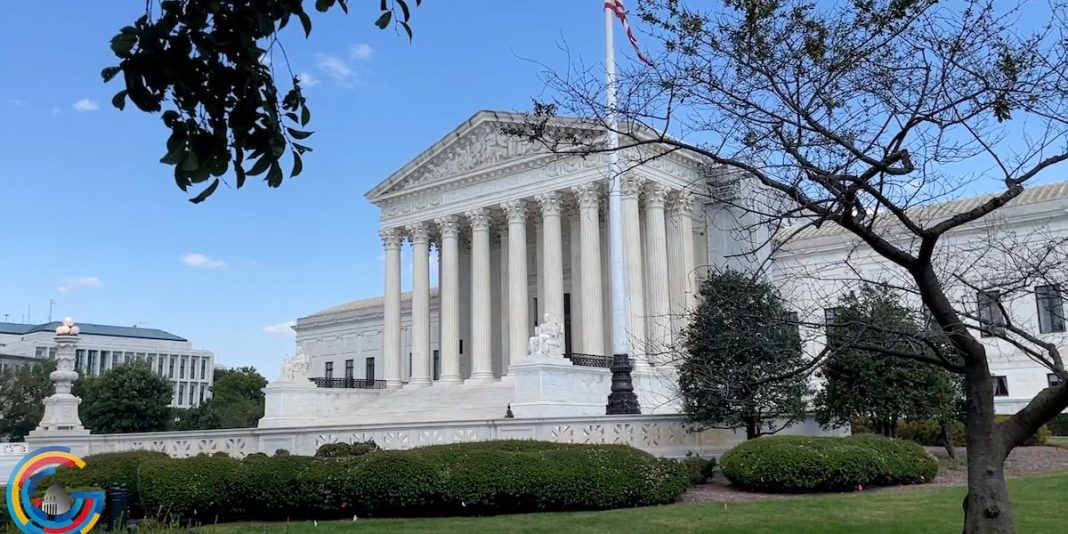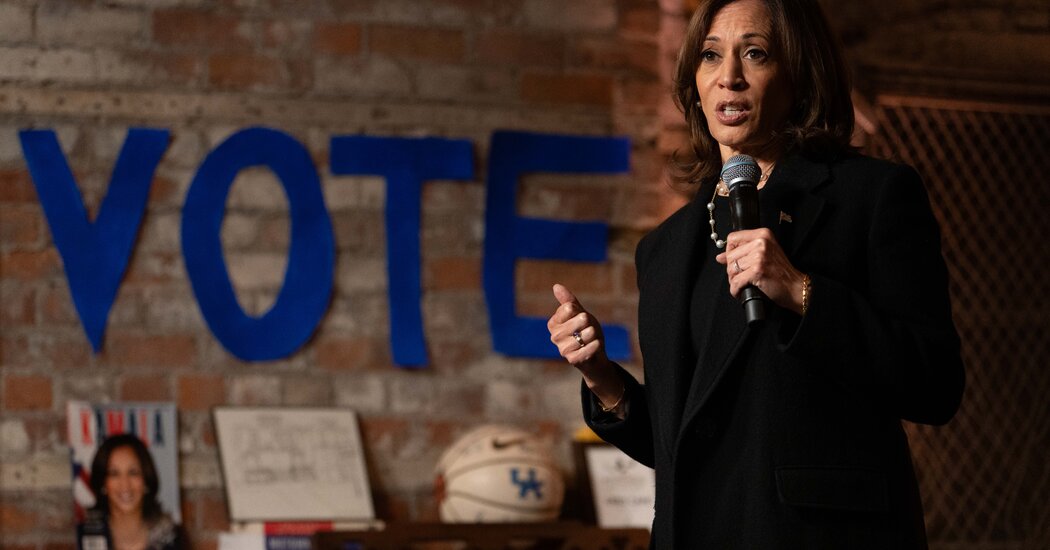Supreme Court Weighs RICO Case Involving CBD Product and Lost Wages
In a case that could reshape the landscape of personal injury claims, the Supreme Court of the United States heard arguments on Tuesday regarding whether a truck driver can invoke an anti-racketeering law to recover lost wages from a CBD product company. The case centers around Douglas Horn, a truck driver who claims he lost his job after consuming a CBD product that was marketed as THC-free but allegedly contained the psychoactive compound found in marijuana.
Back in 2012, Horn took a CBD product from Medical Marijuana Inc. and subsequently failed a drug test, leading to his termination. His lawsuit alleges that the company misrepresented its product, which he claims directly resulted in his economic losses. Horn is seeking to use the Racketeer Influenced and Corrupt Organizations Act, commonly known as RICO, to recover his lost wages, arguing that the misleading nature of the product constitutes a form of racketeering.
However, Medical Marijuana Inc. is pushing back, asserting that Horn’s claims are rooted in personal injury rather than the broader scope of RICO. Lisa Blatt, an attorney representing the company, emphasized that while personal injuries are serious and warrant state tort claims, they do not fit the criteria for RICO. “Personal injuries are serious and may support state tort claims, but they are not the stuff of RICO,” she stated.
During the oral arguments, the justices appeared to be divided on the issue. Some justices challenged the company’s stance, while others expressed concern about the potential implications of ruling in favor of Horn. Justice Elena Kagan posed a thought-provoking question: “If you’re harmed when you lose a job, then you’ve been injured in your business, haven’t you?” This line of questioning hints at the complexities involved in defining what constitutes an injury in the context of business versus personal claims.
On the flip side, Justice Brett Kavanaugh raised a critical point about the broader ramifications of such a ruling. He warned that allowing personal injury claims to be pursued under RICO could lead to a significant shift in how tort claims are handled across the nation. “That would mean that every state tort personal injury suit in which you’re seeking lost wages or medical expenses can now be brought under RICO and seek treble damages,” he cautioned, suggesting that this could disrupt the balance of federal and state legal systems.
Legal experts are closely watching the case, as it raises important questions about the interpretation of RICO and its application to personal injury claims. Georgetown law professor Brian Wolfman noted that the crux of the matter lies in defining what it means to be injured in a business context. “One might say that the injuries initially have their origins in personal injuries, but if they harm people in their business or property, as they might do, like in Mr. Horn’s case, you have a remedy under RICO,” he explained.
As the Supreme Court deliberates on this case, the outcome could have far-reaching implications for both consumers and businesses, particularly in the burgeoning CBD industry. The decision will not only impact Horn’s quest for justice but could also redefine the boundaries of RICO and personal injury claims in the United States. With the justices grappling with these complex issues, the legal community and the public alike await a ruling that could set a significant precedent.



